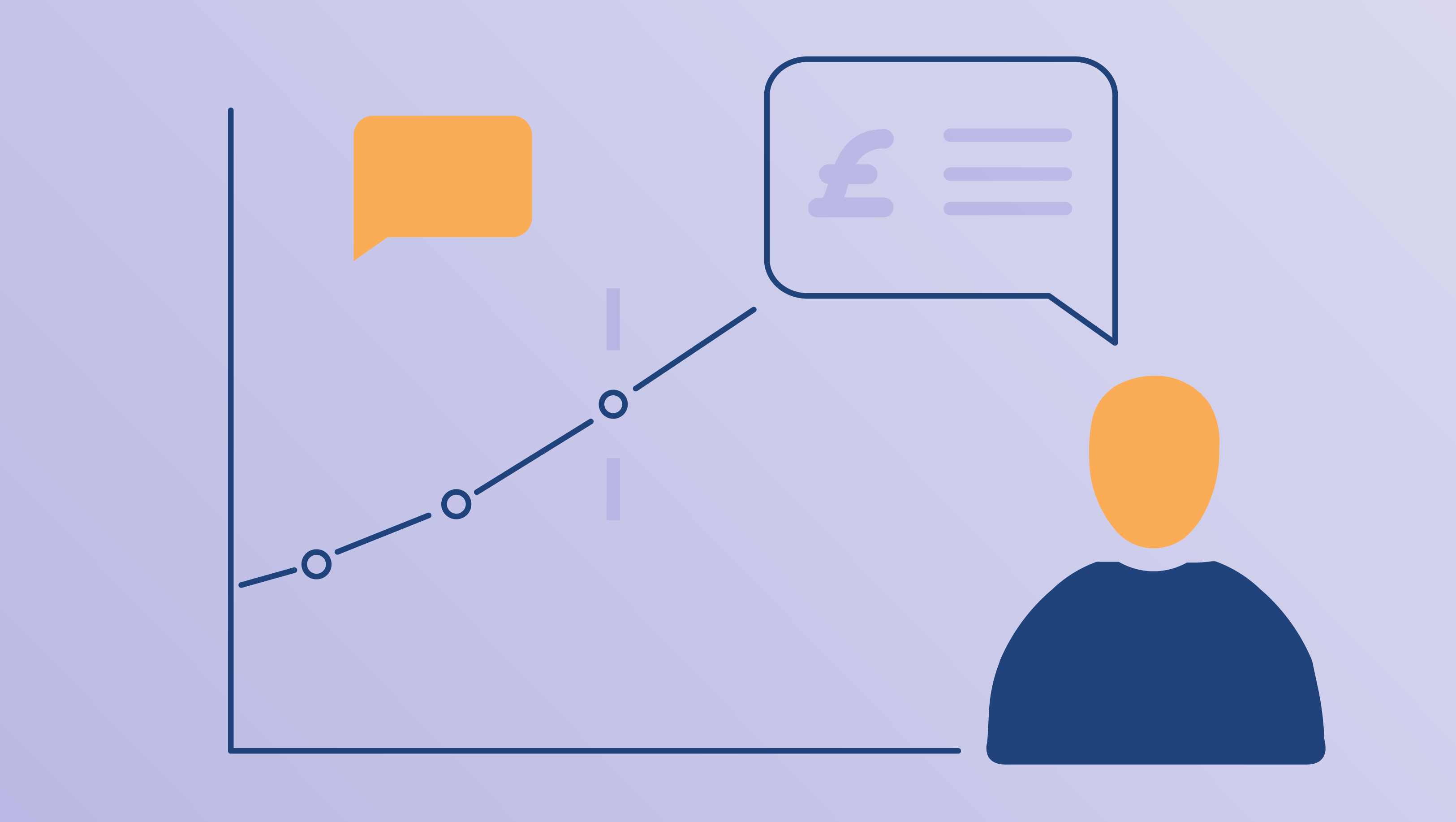Your read progress
As the cost of living crisis deepens, UK adults borrow more
4 minute read
Updated 17th September 2025 | Published 30th August 2022

It’s no secret that the cost of living crisis is worsening at an alarming rate, with inflation in the UK reaching a 40-year high. By July 2022, the Consumer Price Index (CPI) had risen to over 10%, meaning more people across the UK are struggling to afford necessities like food, utilities and fuel.
The government has released various forms of support for individuals across the country, however not everybody is eligible, and for those that are, this support may not be enough to keep them afloat. Every household in the UK will receive a £400 grant to help cover energy bills this autumn, however, as energy prices already increased by 54% in April this year and the news last week of a further increase of 80% in October, £400 will make only a minor dent in bills.
It’s well documented that many people have very little, if any, savings to help them get through this period of high inflation. So, for those who have already made cutbacks, they may have almost no choice but to borrow money.
Money and mental health
A recent survey conducted on our behalf found that almost 75% of the population currently have less disposable income than they would have in a usual month due to the cost of living rises. We also found that two-thirds of people are more worried about their finances now than they were during the pandemic.
It speaks volumes about the impact of the cost of living crisis when the majority of the population is no longer facing working restrictions, yet is struggling more now than when their earnings may have been limited. Money is a common cause of stress and anxiety, and with the rising cost of living, it’s more important than ever to be aware and informed when it comes to your personal finances.
Borrowing predictions for the coming 12 months
Our research also found that two in five UK adults will take out a new form of credit in the next year, and they predict they will need an average of £5,250 each. This adds up to a staggering £101.1 billion over the next 12 months for the whole UK population. The bulk of this borrowing is expected to happen during autumn of this year when the next energy price hike hits the population.
Of the 40% who expect to borrow money, nearly half are already worried about how they’ll meet the terms of their repayment commitments. As the cost of living crisis continues, they may be left with no choice but to put themselves into debt in order to survive.
Our survey revealed that five and a half million people across the UK are expecting to borrow in the next year in order to cover day-to-day expenses, and one in ten plan to borrow money to consolidate existing debts.
How do people plan to borrow this money?
The most popular method of borrowing in the next 12 months is predicted to be a credit card, with a third of borrowers expecting to use this method. Other popular options include an agreed overdraft, Buy-Now-Pay-Later schemes, and borrowing directly from family and friends.
While there are a wide variety of options available to help UK adults who need to borrow money, we found that over a third of people are unsure if they have the best financial product or products for their situation.
If you do decide to take out a new credit card or another form of credit, it’s a good idea to check out the company and their T&Cs in detail, instead of simply going with the first provider who will lend to you. It’s important to take time to understand if the provider has good customer service, if their customers feel fairly treated, and that they offer options that suit your style of managing money.
If you are one of the many people who will take out a new form of credit in the next 12 months, see our tips on borrowing money responsibly to help you when deciding which type of borrowing you might use.
Don’t struggle alone: there is help available
If you’re struggling to pay your bills or feel like your debt is overwhelming, you don’t need to suffer in silence. We have information in other blog posts about the help and support that is available to you. You can also find more information from Citizens Advice and StepChange.
Money-related stress can have a direct impact on your mental health and wellbeing. If you are struggling with your mental health for any reason, including concerns about your money, please visit some of the resources listed here. For 24-hour support, you can also contact Samaritans on 116 123.

Written by Emma
Head of Marketing
Emma joined us in 2021. She is passionate about ensuring others make good choices with their money using all the information and data available.
As Featured By
Join our mission
We use the power of consumer reviews to help increase trust and transparency in financial services and to deliver industry leading insight and events.
Write a reviewExplore our other topics

Guides: Smart money guides

Guides: Smart money tips

Guides: Business guides

Blogs: Money choices





